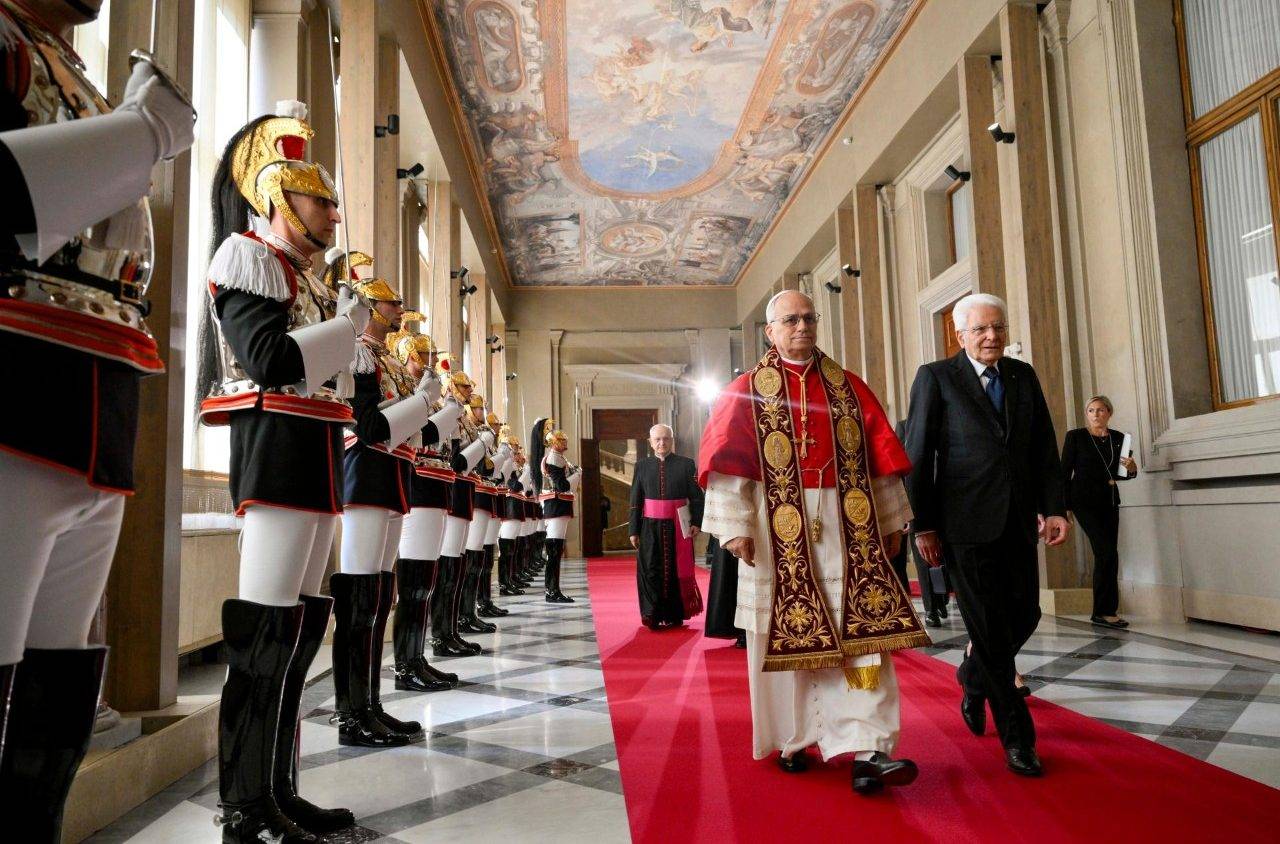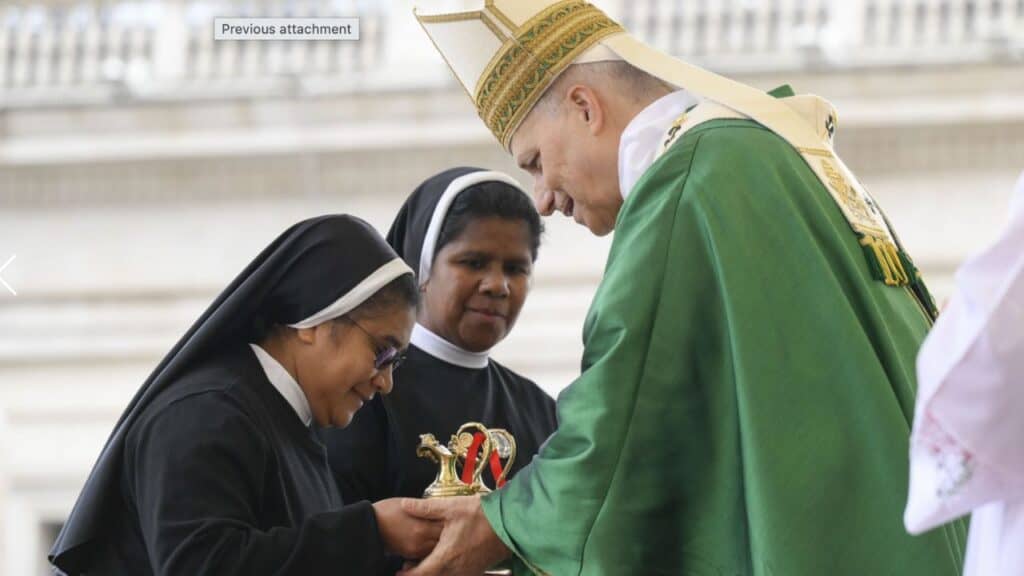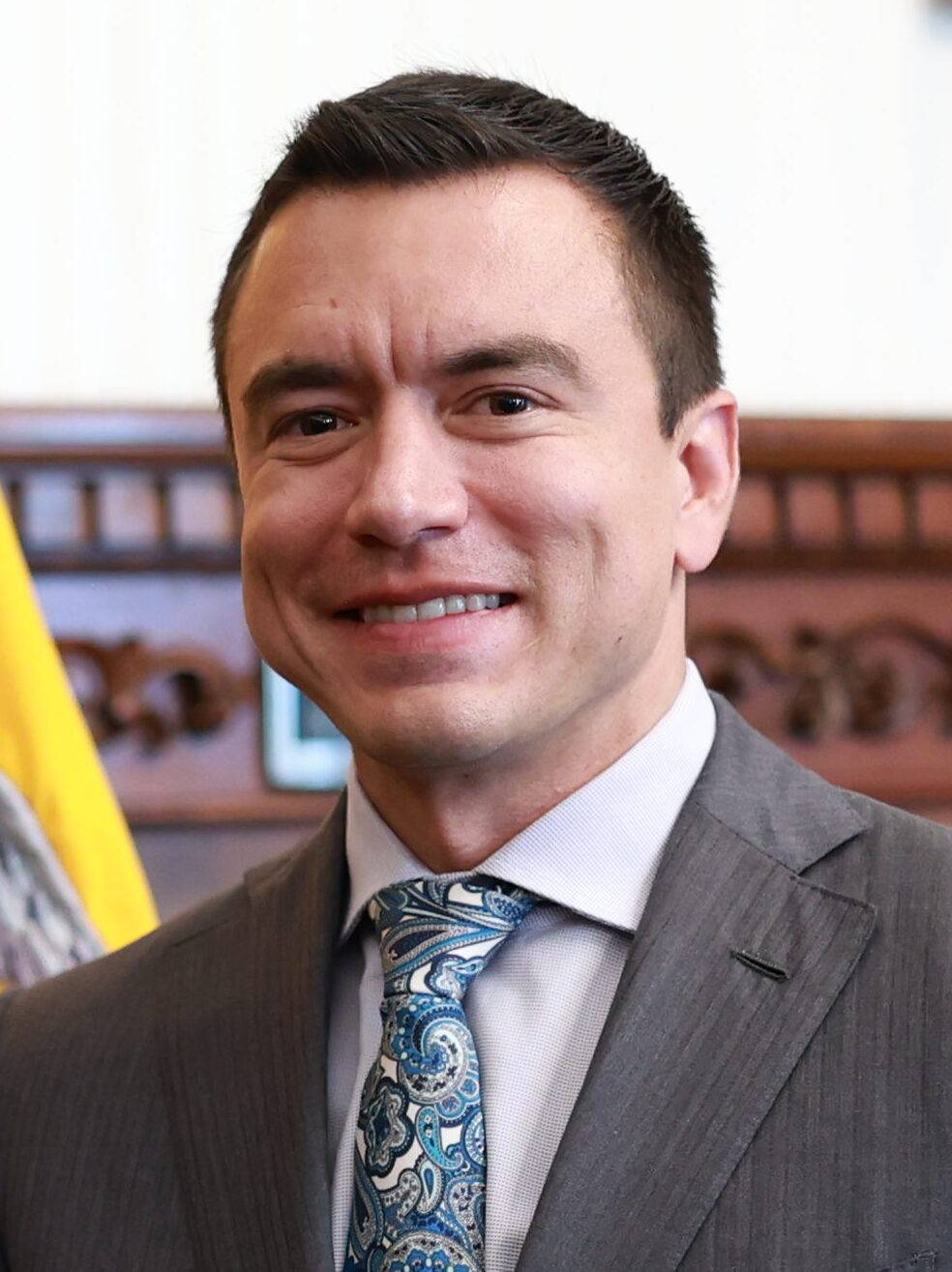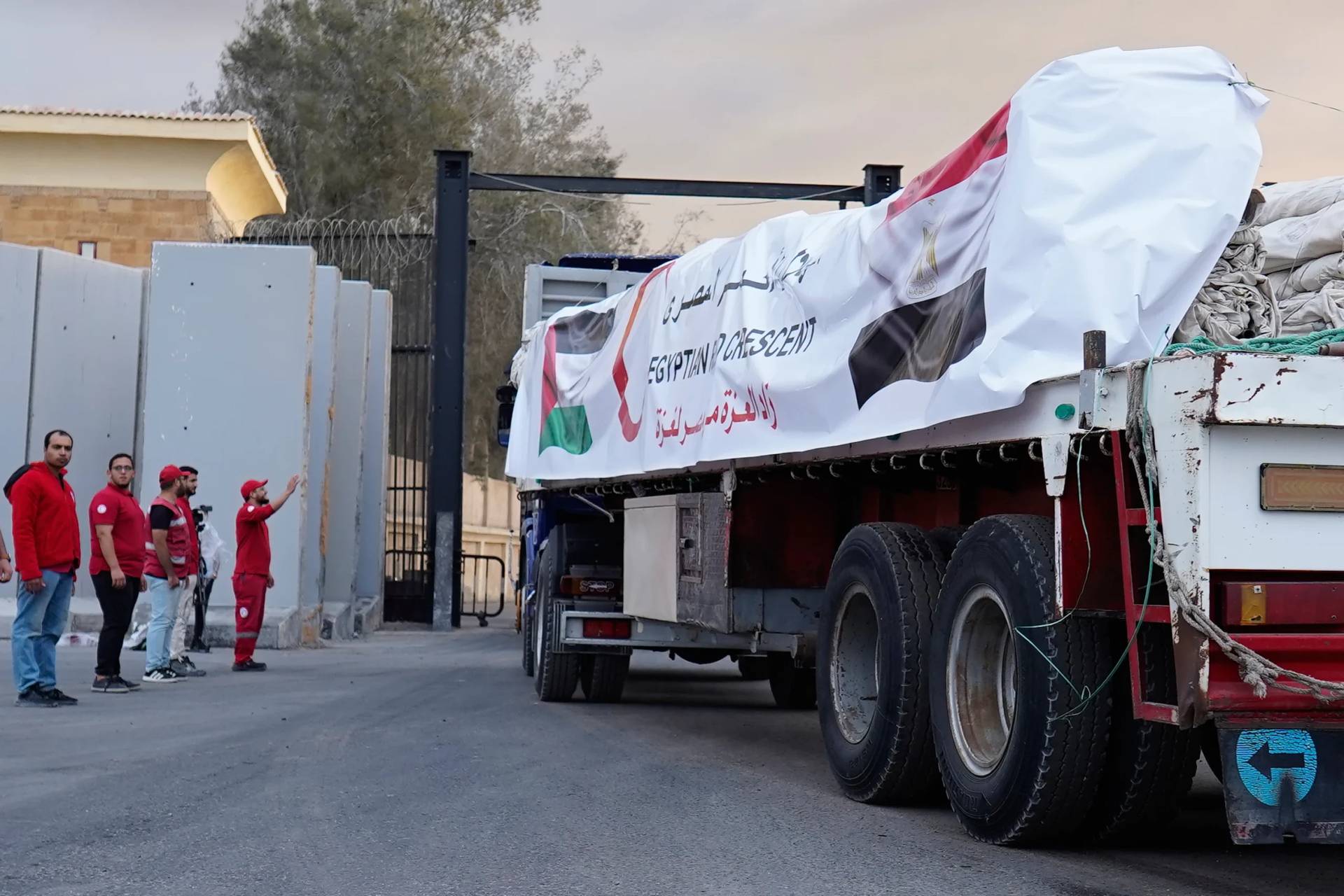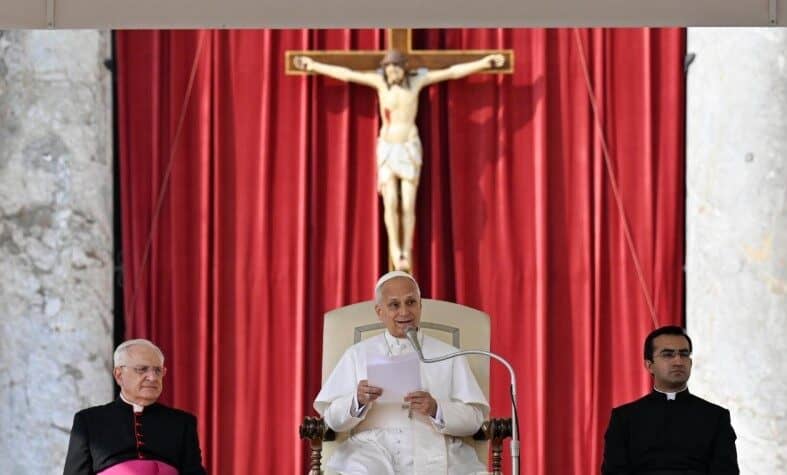ROME – “The person who falls in love with me, will have to fall in love with the four of us,” is what Pablo Perez told Liliana Olivieri when they met over two decades ago.
Soon after, the friendship they’d fostered after meeting turned to love, and they married, personifying the real-life version of the 1968 classic film Yours, Mine and Ours or the ’70s television series The Brady Bunch.
When the two met, Olivieri was 37 and had six children of her own: She’d married Gustavo when she was 21, and he died suddenly only months after their last child was born.
At their wedding, Liliana was walked down the altar by her six children, and was welcomed by Pablo — who was also widowed — and his three.
Today, the family counts 12 – they had a son together, Tomas.
Olivieri is from Rosario, Argentina, and is a psychologist who specializes in family education. She often shares her story in lectures she gives in her home country and abroad. Yet come August 22, the two will have a once-in-a-lifetime opportunity to speak at the Vatican-sponsored World Meeting of Families.
They will be part of a panel on the encounter’s opening day, moderated by Bishop Brendan Leahy of Limerick, Ireland, on how to pass on the faith in the home today.
Speaking with Crux, Olivieri said that she’s going to talk about her experience, that can be summarized by “preaching through example.”
She’s personally convinced that the most important thing parents need to do to be able to transmit their faith to their children is to “live it with joy, giving testimony, and sharing the faith with them naturally, from the moment they’re born.”
Much as her mother did, the bed-time stories she told her children were often related to the Bible or saints. Flowers would be offered to the Virgin Mary by the family when the time came to be thankful for something, and a candle would be lit when a grace was needed.
In addition, the family shared popular devotions, such as pilgrimages, processions and visits to a nearby Marian shrine, and Sunday Mass was a family affair.
“This allowed for our children to have a natural affection for Jesus, Mary and Joseph, and many saints,” Olivieri said. “In addition, you have to contemplate the age of each child, and what they’re going through in life.”
As an anecdote, she shared that Lonegro had a hard time accepting when the older children “abandoned the communal bench in Mass to remain standing at the back,” a classic “rebellious” teenage practice in many parts of the world.
As the children get older, she said, it’s important to “respect the freedom of the children, and to talk to God about Joe, not to Joe about God,” and instead challenge the children with edifying conversations, trusting in the years of formation they received at home to have them reach their own conclusions.
Last but not least, “it’s important that as parents, we teach our children to love holiness, to make sacrifices and to love them dearly, respecting their ideas and never stop praying for them.”
The World Meeting of Families is an itinerant event founded by St. Pope John Paul II in 1992, and it’s the “grown up version” of World Youth Day. Celebrated every three years, it was last held in Philadelphia in 2015. This year’s will take place in Dublin, Ireland, August 22-26.
Pope Francis will attend the final two days of the congress, where he will participate in the “Festival of Families” on Saturday night, and precede over the closing Mass on Sunday.
The theme of this year’s congress is “The Gospel of the Family: Joy for the World.”
The couple received the invitation to speak at the event via ordinary mail, in a letter that was almost lost to a home accident: The envelope fell in a water bucket, and it was almost considered a lost cause until one of the children saw there was an image of Francis inside.
“They wasted no time in rescuing it, and they read the long note, written in English and signed by Archbishop Diarmuid Martin, of Dublin,” Olivieri said. “I was at work, but by the time I was done, I had a dozen messages from the children congratulating us. It was all very confusing.”
Olivieri has a life-time of knowledge preparing for the event, beyond her own personal experience raising 10 children. Among other things, she has a series of 15 books dedicated to the family and sexual-affective education that are being used in Catholic schools throughout Latin America, though she’s quick to clarify that “the parents are the first and main educators, but we want to cooperate with institutions,” as they play a key role too.
Yet when the invitation came, she first “felt embarrassment, thinking I had little merit for such an honor, but then I remembered a phrase my mother used to say ‘God is never outdone in his generosity, he rewards in abundance without expecting merit,’ so I went from modesty to deep thankfulness,” Olivieri said.








